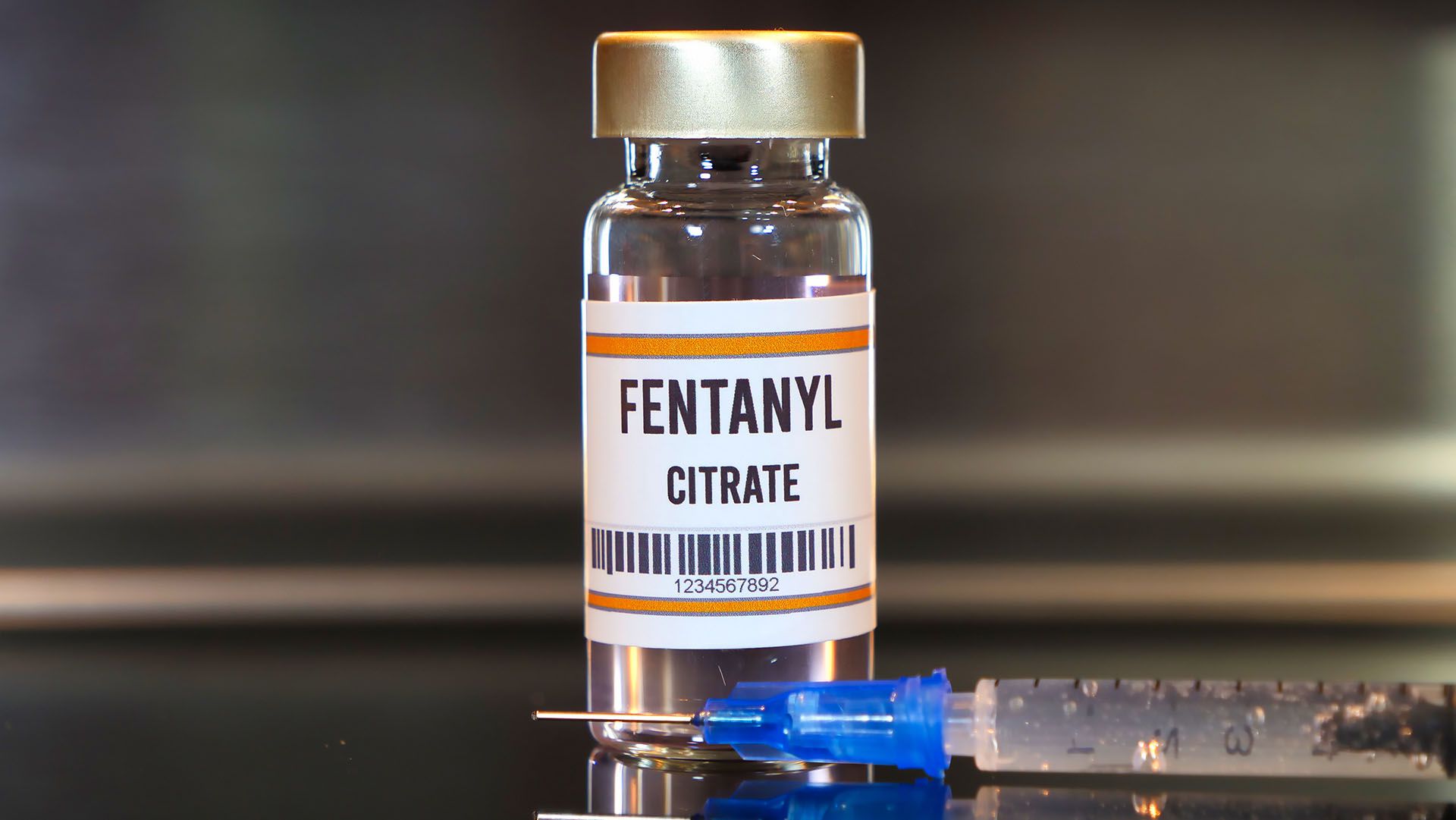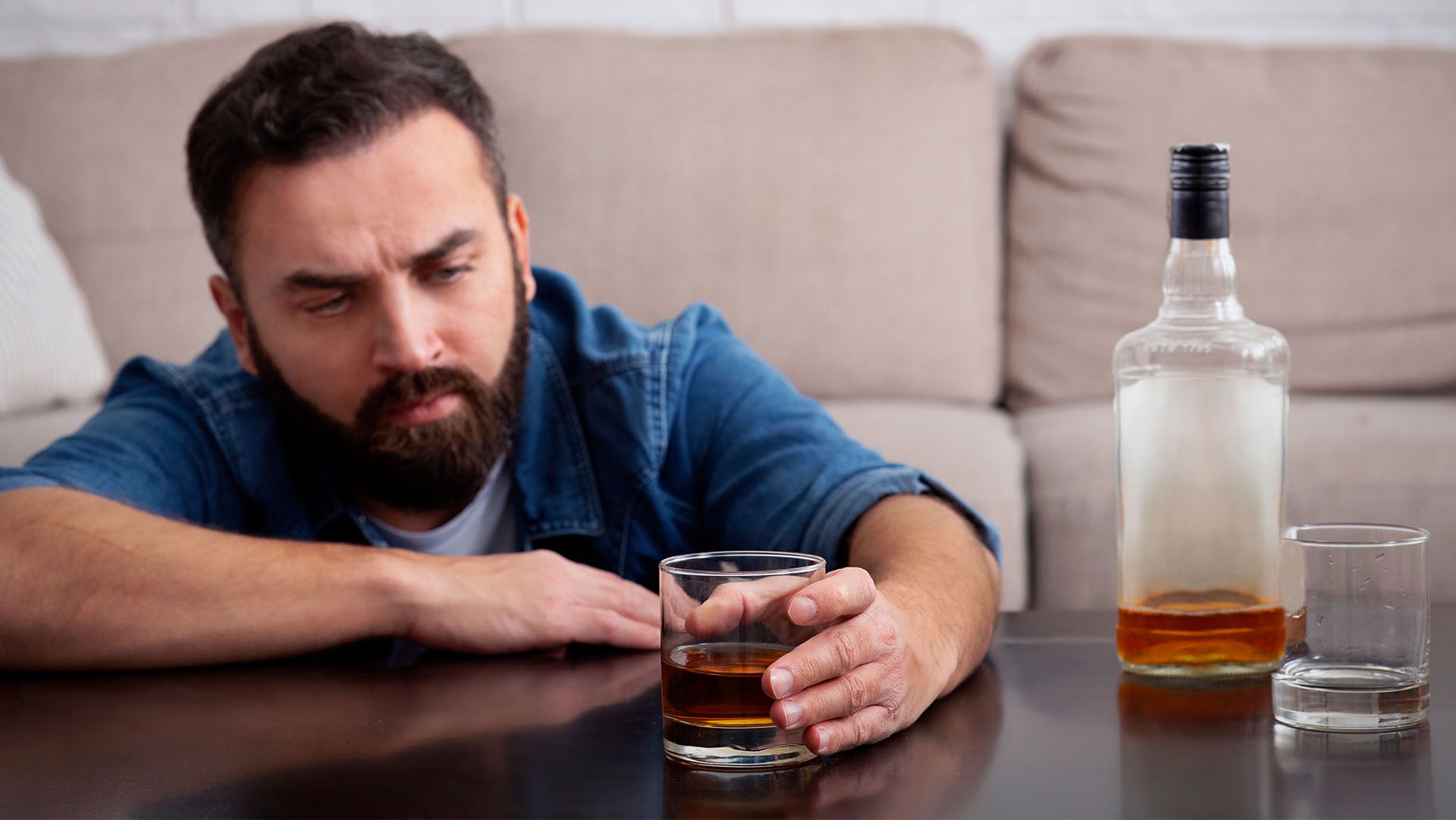Understanding Drug Addiction Rehab
To the uninitiated, the world of drug addiction rehab can seem like a foreign land—and perhaps even a bit intimidating. When you’re struggling to get sober, drug addiction treatment centers are your very best friend. Yet many addicts deliberately avoid treatment because they’re afraid of what will happen behind closed doors. Here’s everything you need to know about drug addiction rehab—and how to determine whether you can benefit from one of the drug addiction treatment centers near you.
Do I Need Drug Addiction Rehab?
Most addicts spend an embarrassingly large portion of their time actively avoiding treatment. The stigma of drug abuse coupled with fear of the unknown leaves many addicts willing to do just about anything to avoid admitting they have a problem. Denial, though, will not save you from your addiction, and it will certainly not shield your family and friends from the risks of loving someone with a drug addiction problem.
If you’re on the fence about seeking rehab, consider this: if you’ve tried to get sober on your own, but have failed to successfully do so, inpatient treatment may be the single most effective weapon in your arsenal. Don’t discount it! Still unsure? Ask yourself the following questions. If you answer affirmatively to three or more, you need treatment:
- Has your use of drugs resulted in legal, financial, relationship, or medical problems?
- Do you use drugs to cope with untreated mental illness?
- Do you rely on drugs to cope with physiological problems?
- Do you lie to yourself, your doctor, or to others about your reliance on drugs?
- When you try to quit, or have to go long periods without using, do you suffer unpleasant withdrawal side effects?
- Do you feel like you can’t be yourself without drugs?
- Have people you loved encouraged you to quit using or to seek help?
- Do you have to use much larger doses than you once used to get the same high?
- Have you ever accidentally overdosed?
- Does your use of drugs interfere with your relationships, hobbies, or daily life?
Therapy in Drug Addiction Rehab
Therapy is the cornerstone of drug addiction rehab. In therapy, you’ll do so much more than just talk about your feelings. Instead, you’ll begin slowly and steadily reshaping the way you think about drugs, yourself, and your life. Your therapist will help you understand why you turned to drugs in the first place. By understanding what drugs offer you—not to mention what they’ve taken from you—you’ll be better equipped to find alternative strategies for entertaining yourself, coping with stress, and managing your health.
Your therapist will also work with you to help yo understand your triggers for use. Common triggers include family conflict, stress, pain, and boredom. Once you understand these triggers, you can begin devising replacement behaviors—healthier coping mechanisms that can replace your addiction to drugs. In so doing, you steadily build a stronger mind and body that is more resistant to the temptation of drugs and the relentless din of peer pressure.
Medical Care at Drug Addiction Treatment Centers
At its core, addiction is a disease, not just a personal choice or moral failing. And like all diseases, drug addiction warrants medical treatment. Just as no two diabetics adopt the same treatment routine, different addicts need different forms of medical care. Some options you and your treatment team may explore include:
- Detox assistance—Detox is the most challenging part of your recovery, both medically and emotionally speaking. Depending on the severity of your addiction, you may need medical support to cope with increasingly intense physical withdrawal symptoms.
- Medication management—If you take prescription drugs, or if you have a medical condition that warrants prescription medication, your doctor will work with you to select the least addictive options. If there’s an alternative to a highly addictive drug you take, such as therapy, lifestyle changes, or a less addictive drug, your doctor might recommend you pursue that option instead.
- Mental health care—Your mental health is key on your journey to sobriety. Your treatment team will work with you to address any mental health conditions you have, especially if those conditions warrant medication.
- Medication for your addiction—Some drugs can treat some addictions. For instance, drugs such as Antabuse can reduce your desire to use alcohol. Your doctor will discuss with you whether these medications are a good choice for you. If you are intensely physically addicted, you may need to gradually reduce your drug use, or use a substitute drug such as Methadone.
What About My Privacy in Drug Addiction Rehab?
Drug addiction rehab is just like any other form of medical care. You have an absolute right to privacy, which means you don’t have to share information with anyone you don’t want to. You’re not required to participate in group therapy, or to share private and personal details.
But because rehab is highly confidential, it’s wise to share as much as you can. The people with whom you share can’t tell others, and by openly exploring your thoughts and feelings, you maximize your chances of a lasting and healthy recovery.
If you don’t want others to know you’re in rehab, you don’t have to tell them. Your treatment team will not reveal any information without your permission, even to close friends or to family.
Group Treatment in Rehab
It might seem strange to seek treatment in a group, but virtually every rehab facility offers some form of group treatment—usually either group therapy, Narcotics Anonymous or some other 12-step program, or a combination of the two.
Group treatment allows you to get more assistance, but it also provides you with a nascent support group. By befriending other attendees, you can get the support you need whenever you want it—all while benefiting from the lessons other addicts have learned.
What About My Family at Drug Addiction Treatment Centers?
Your family is everything, and without their support, your odds of a successful recovery plummet. Good rehab facilities involve your family in the process, keeping them informed, offering them an education about the disease of addiction, and helping them navigate the recovery journey.
Critically, you need to know that addiction is deeply harmful to your family. You’ll need to make amends, and that might include listening to a laundry list of complaints. Family therapy can help you and your loved ones navigate this challenging component of the recovery journey.
Contact Addiction Rehab Centres Canada today!
Further Reading:
Drug Rehab Program
Drug Addiction Recovery: Help & Options
How Much Does Drug Rehab Cost
Effects of Drug Addiction
Am I an Addict
NIH: Drug Addiction Treatment
DrugFacts: Treatment Approaches for Drug Addiction







